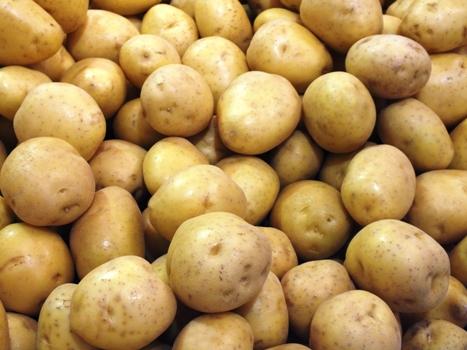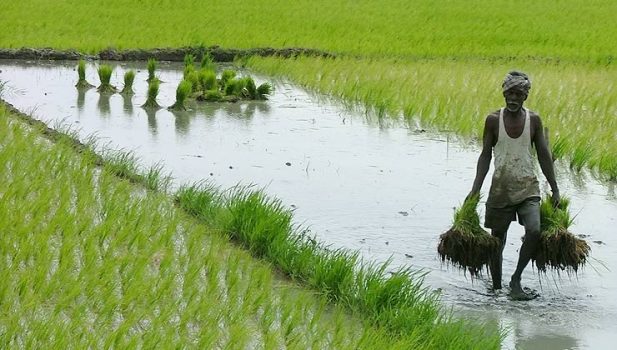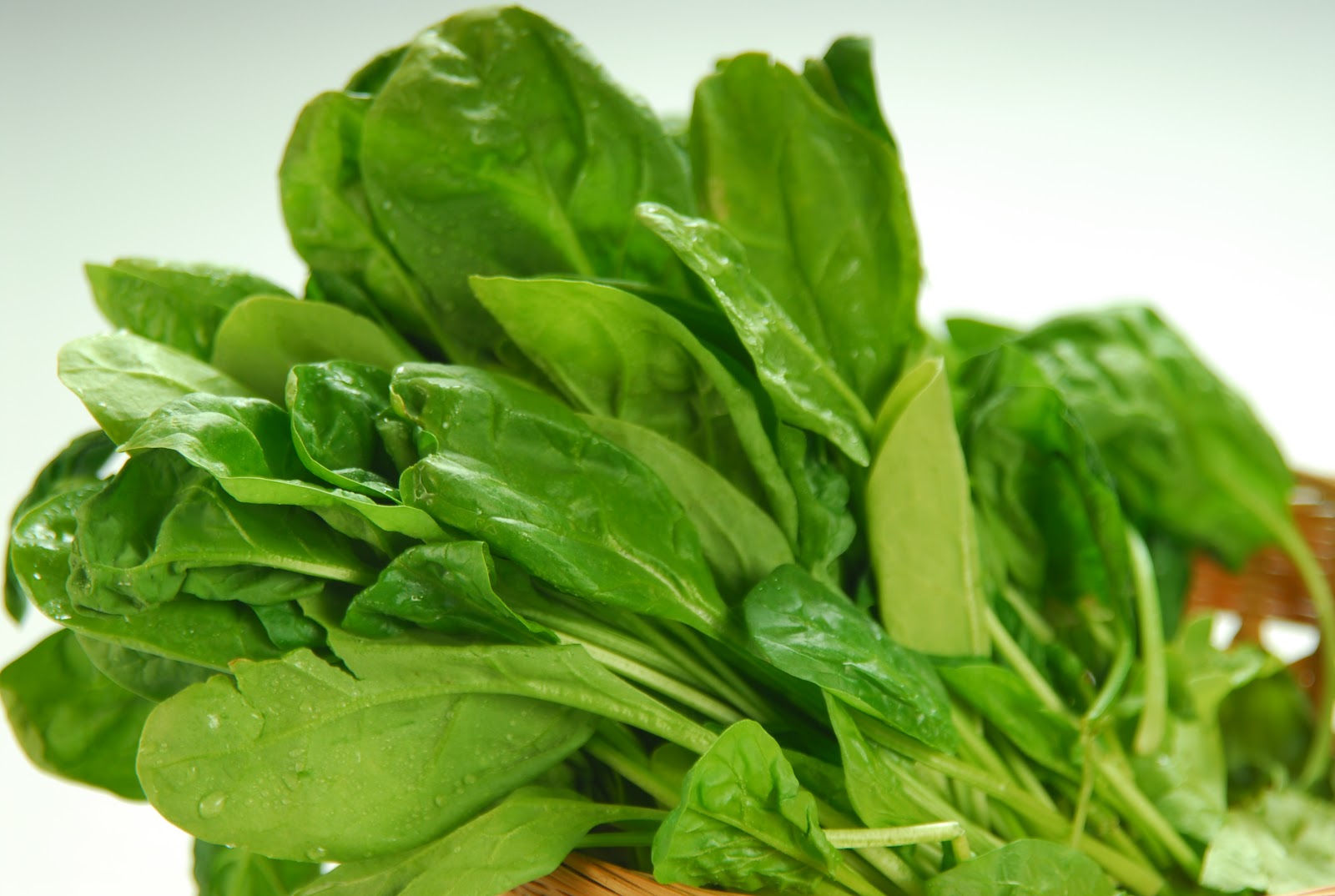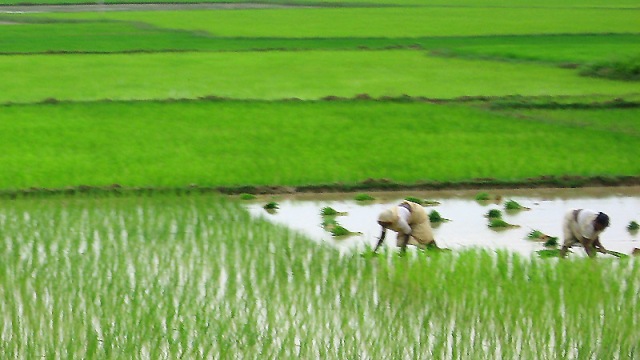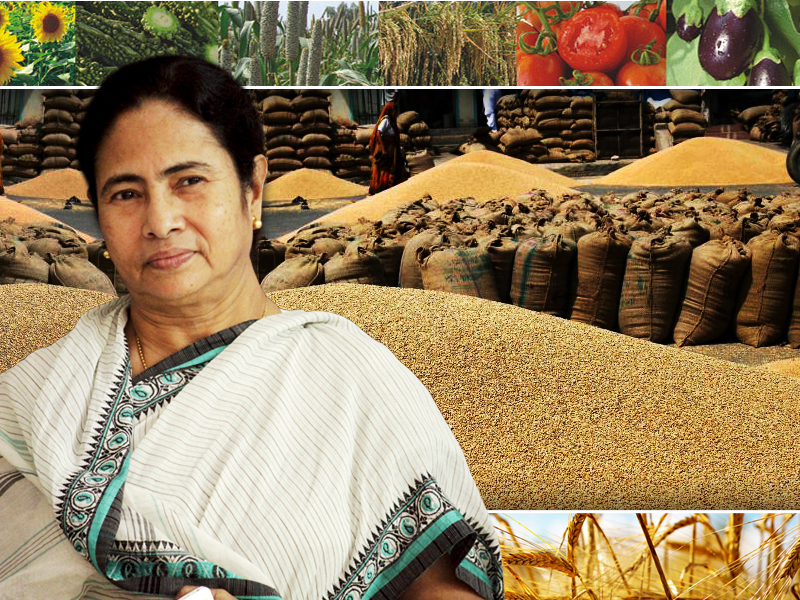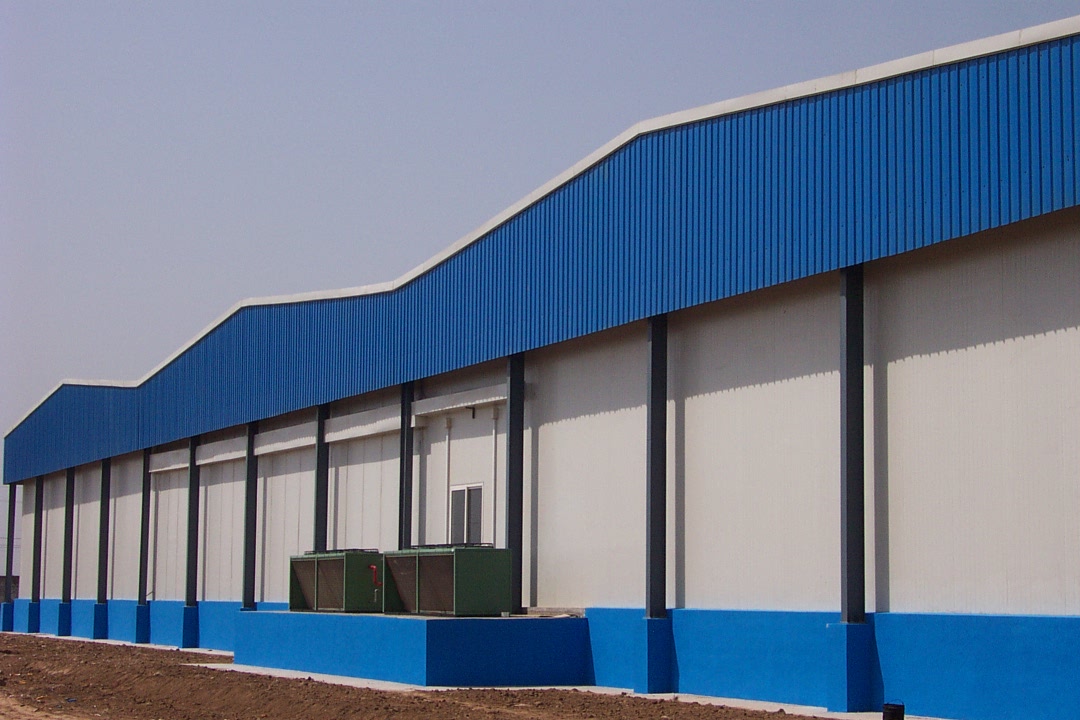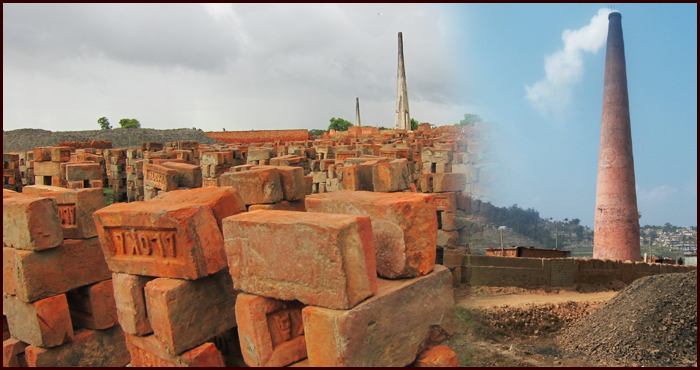Full Transcript
Sir, on behalf of my party All India Trinamool Congress, I join the honourable members in expressing our deep concern, grief and anguish over the suicide of farmers almost in every part of country. This is going on unabated.
Sir, according to a recent report published by the Centre for Human Rights and Global Justice, at New York University, it appears that over the past 15 years, suicides have claimed the lives of over 2,50,000 farming families in India and the death count is still climbing. Sir, according to that report, in every 30 minutes farmer suicides are happening.
What is the latest situation? In 2014 alone, as per the government figures, 1109 suicides took place. Out of those, 986 took place in Maharashtra, 184 in Telangana and 29 in Jharkhand. Even in Delhi and Rajasthan, yesterday farmers committed suicide. We are not here for a blame game but want to focus on the issue – the unprecedented crisis that India is confronted with.
Sir, there are several reasons why farmers are committing suicide. I would like to mention the main reasons, according to me. 40% farmers are in debt according to some research reports. Cost of inputs is increasing faster than cost of produce. Droughts and floods are occurring every five years, affecting 40% of the agricultural land in different parts of the country. More than 60% of the agricultural land in India, even after 67 years after independence, is dependent on rainfall. Some of the irrigation projects have not been completed for 20 years. Average net profit on one acre of land growing cereals is Rs 5000 only.
Therefore, the farmers are not getting remunerative prices. Not in Punjab, not only in Uttar Pradesh or Telangana. It is a common cause in every State of India. I will come to how West Bengal has combated this situation.
I would like to read one line from page 13 of the Election Manifesto of BJP before Lok Sabha elections. “Agriculture: Scientific, productive and rewarding.” They have assured the nation, before coming to power, that they will make agriculture scientific, productive and rewarding. To elucidate that point they also said: “The government, if they come to power, will ensure minimum 50% profits over the cost of production.” Here is a pledge before the nation by the ruling party. I would like to know from the government, the honourable ministers in charge of agriculture, food and other ministries, what is the roadmap of the government ensure minimum 50% profits over the cost of production.
This is main cause of concern. Farmers are not getting remunerative price. They are taking loans in the hope, they are yielding, thinking that next year they will yield, get remunerative price and pay off the debts. Nothing is coming out. Therefore, the only alternative left to marginal farmers is to commit suicide.
I am not blaming anybody but the government must address the situation. My government in West Bengal, under the leadership of Mamata Banerjee, was confronted with some problem of not getting of remunerative prices by potato farmers. The Chief Minister of West Bengal herself announced on 4 March, 2015, that 50 000 metric tonnes of potato will be directly procured from farmers, from 8 major potato-producing districts, at the rate of Rs 5500 per metric tonne. After procuring potatoes, the government is distributing them to schools for mid-day meal programme and beneficiaries of ICDS at the rate of 1 kg per head per week. This was announced on 11 March, 2015. If the government of West Bengal can do it, why can’t the government of India do it? This is the moot question.
The government of West Bengal has ensured the procurement of potatoes from farmers against only account payee cheques. This is a very transparent system. Till 21 April, 2015, 20,000 metric tonnes of potatoes have been procured and farmers have been paid by account payee cheques to sustain themselves. Potatoes are also being procured at the rate of Rs 550/quintal and 6000 quintals of potatoes have been procured so far. This apart, transport subsidy scheme has been introduced for interested potato traders and transporters.
To ease the stockpiling of farm produce, the government of West Bengal has requested the government of India on 9 April, 2015, to purchase one lakh metric tonnes of potatoes from farmers at minimum price of Rs 5500/metric tonne, the rate at which state government is purchasing. The Chief Minister wrote to the Union Finance Minister. To relieve the potato growers of economic hardship, the Chief Minister herself requested the government of India to waive the crop loans issued to potato growers during 2014-15 potato season and also to arrange fresh loans for the ensuing Kharif session.
So, these are some measures taken by the West Bengal government to come to the rescue of potato farmers. This is not just the case of potato farmers. If you look at a bigger canvas, the all-India perspective, you will find that the issue is same everywhere. Particularly the marginal farmers are subjected to such unprecedented crisis. The government must come up with a concrete and definite proposal and also announce it before the House. The House wants to know from the ruling party, it is a need of the hour to arrest the situation where the farmers are compelled to commit suicide.
On one hand we are claiming that we are going ahead with economic growth, claiming we will cross the economic growth of China. And then there are such tragic events like that of yesterday. This government has extended reliefs worth almost Rs 15,000 crores to the corporate in the form of tax waivers and other incentives. Why should such waivers not be extended to farmers? Farmers are crying for help with folded hands.
I urge the government to come up with a definite proposal with a proper roadmap and a timeframe to solve this crisis of farmers.
Thank you.

